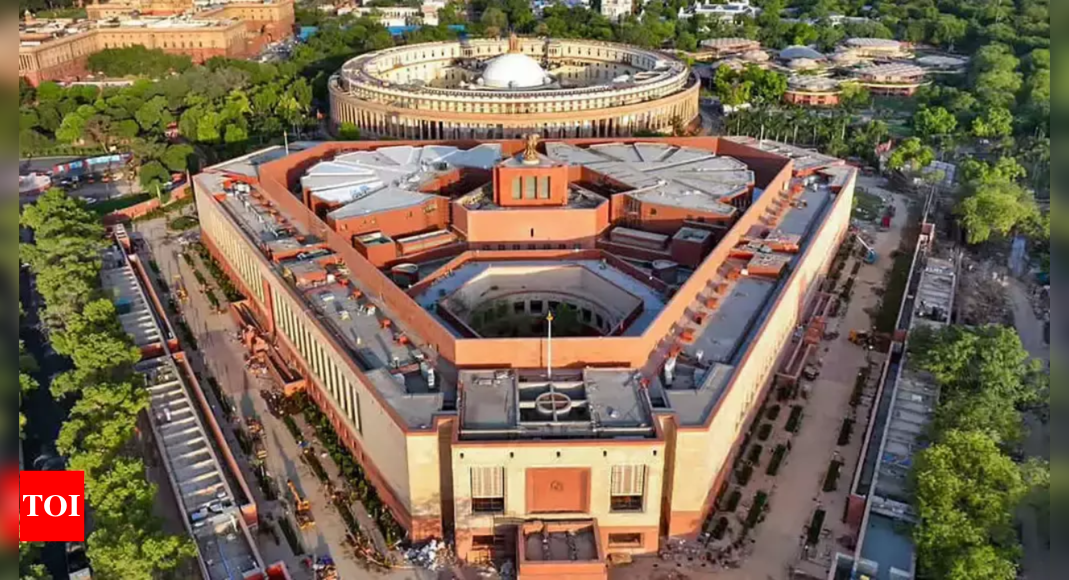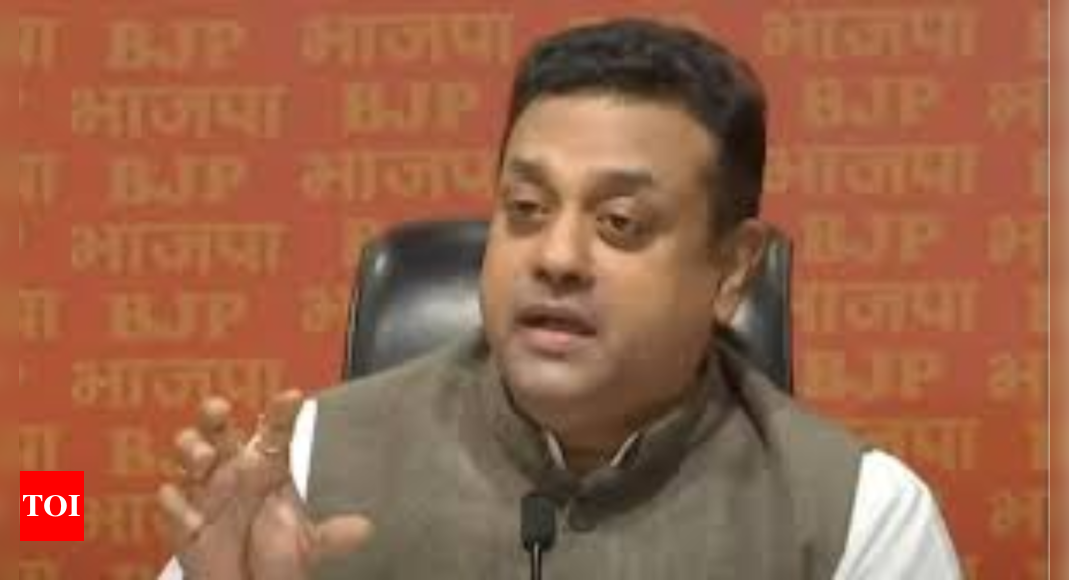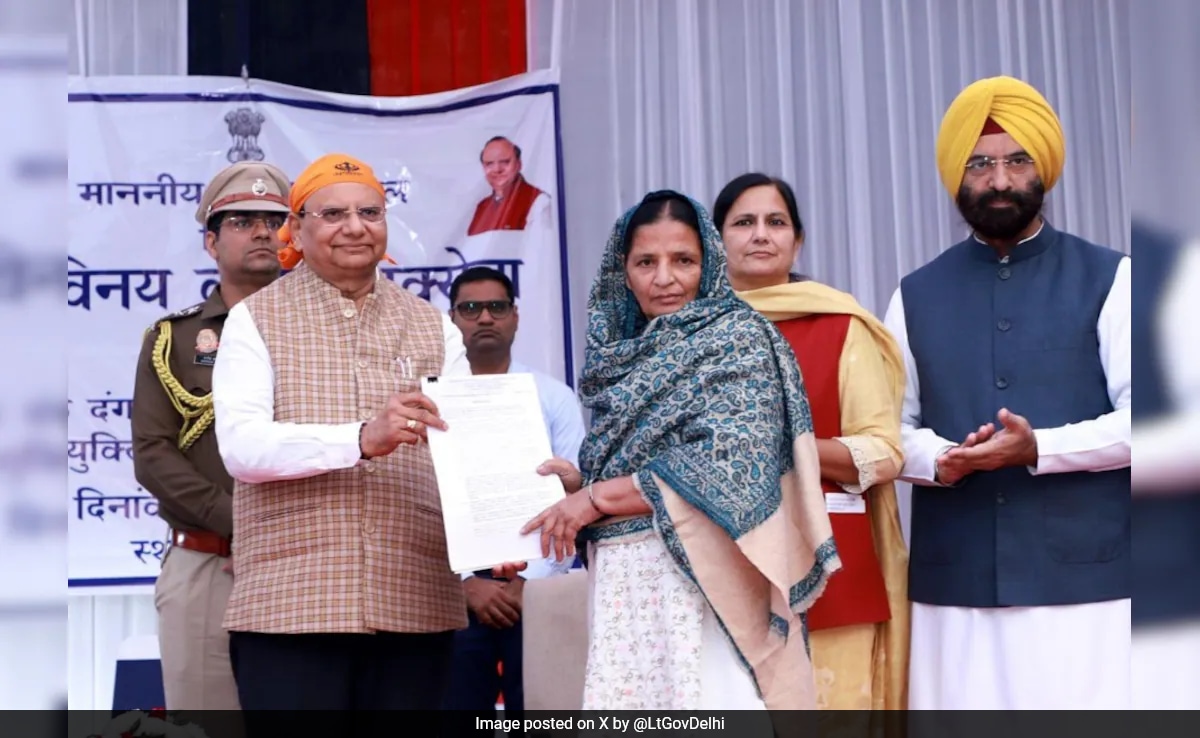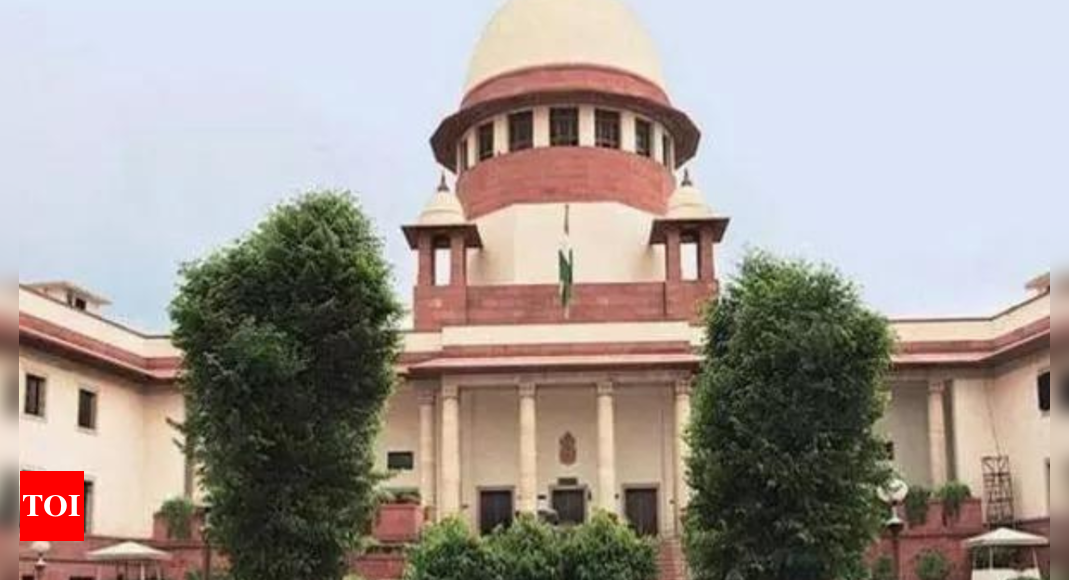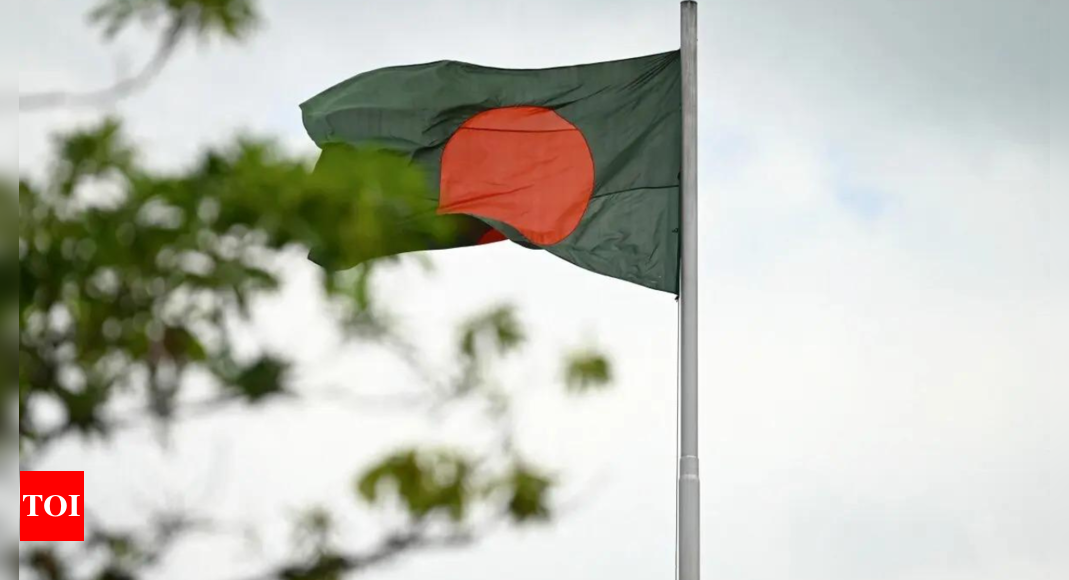
DHAKA: Amid growing demands for banning the Sheikh Hasina-led Awami League, both its arch-rival political parties, the BNP and the Jamaat, said they are against banning any political outfit, a practice introduced by the deposed prime minister to target the opposition.
Hasina, who resigned and fled to India on August 5 following a protracted protest over quotas in government jobs, and her party Awami League (AL) has been criticised by both the Bangladesh Nationalist Party (BNP) and the Bangladesh Jamaat-e-Islami (Jamaat).
“Unlike Sheikh Hasina and the Awami League, we don’t believe in the politics of banning a political party to settle scores,” BNP secretary-general Mirza Fakrul Islam Alamgir told PTI.
“We want the Awami League to contest elections, and we will defeat them through the electoral process. The people of this country have ousted them through revolution; now the people will again defeat them through ballots,” Alamgir said.
Incidentally, the BNP, led by former Prime Minister Khalida Zia, had boycotted the January general polls.
Jamaat, which was recently banned by the Awami League government, said they too don’t believe in the politics of snatching away the democratic rights of a political party. The interim government revoked the ban on Jamaat last week.
“We have been the worst sufferers of political atrocities committed by the Awami League regime. We were banned by them. But we think that by banning someone, you can’t wipe out a political party or its ideology. We are a classic example of it,” Jamaat-e-Islami chief Shafiqur Rahman told PTI.
“We want them to contest the polls, and we will defeat them in elections,” Rahman told PTI.
The interim government, led by Nobel laureate Muhammad Yunus, will be holding fort till the time new elections are held.
Many of the AL party leaders have fled, or gone into hiding, or are in jail even as Hasina’s abrupt exit left a leadership vacuum leaving the future uncertain.
Political analysts said that the Awami League faces the challenge of navigating a hostile environment and rebuilding its reputation.
“We cannot rule out the Awami League. Maybe they will take some time, but they will be back. But for them to return to Bangladesh, they have to go through a rectification drive, cultivate new leadership, and listen to what people are saying on the ground,” Zillur Rehman, executive director of the Centre for Governance Studies, a think tank in Bangladesh, said.
Hasina, who resigned and fled to India on August 5 following a protracted protest over quotas in government jobs, and her party Awami League (AL) has been criticised by both the Bangladesh Nationalist Party (BNP) and the Bangladesh Jamaat-e-Islami (Jamaat).
“Unlike Sheikh Hasina and the Awami League, we don’t believe in the politics of banning a political party to settle scores,” BNP secretary-general Mirza Fakrul Islam Alamgir told PTI.
“We want the Awami League to contest elections, and we will defeat them through the electoral process. The people of this country have ousted them through revolution; now the people will again defeat them through ballots,” Alamgir said.
Incidentally, the BNP, led by former Prime Minister Khalida Zia, had boycotted the January general polls.
Jamaat, which was recently banned by the Awami League government, said they too don’t believe in the politics of snatching away the democratic rights of a political party. The interim government revoked the ban on Jamaat last week.
“We have been the worst sufferers of political atrocities committed by the Awami League regime. We were banned by them. But we think that by banning someone, you can’t wipe out a political party or its ideology. We are a classic example of it,” Jamaat-e-Islami chief Shafiqur Rahman told PTI.
“We want them to contest the polls, and we will defeat them in elections,” Rahman told PTI.
The interim government, led by Nobel laureate Muhammad Yunus, will be holding fort till the time new elections are held.
Many of the AL party leaders have fled, or gone into hiding, or are in jail even as Hasina’s abrupt exit left a leadership vacuum leaving the future uncertain.
Political analysts said that the Awami League faces the challenge of navigating a hostile environment and rebuilding its reputation.
“We cannot rule out the Awami League. Maybe they will take some time, but they will be back. But for them to return to Bangladesh, they have to go through a rectification drive, cultivate new leadership, and listen to what people are saying on the ground,” Zillur Rehman, executive director of the Centre for Governance Studies, a think tank in Bangladesh, said.




